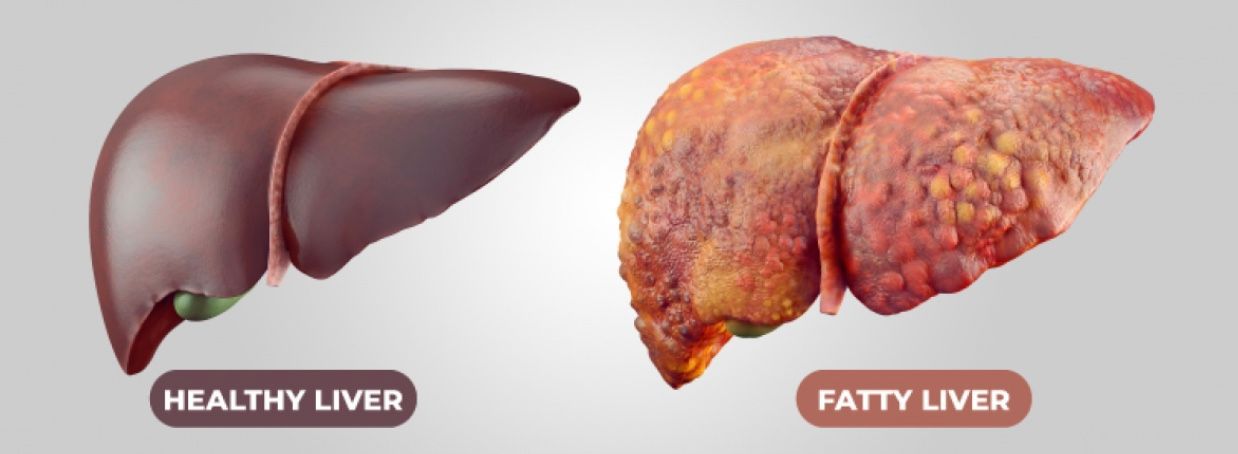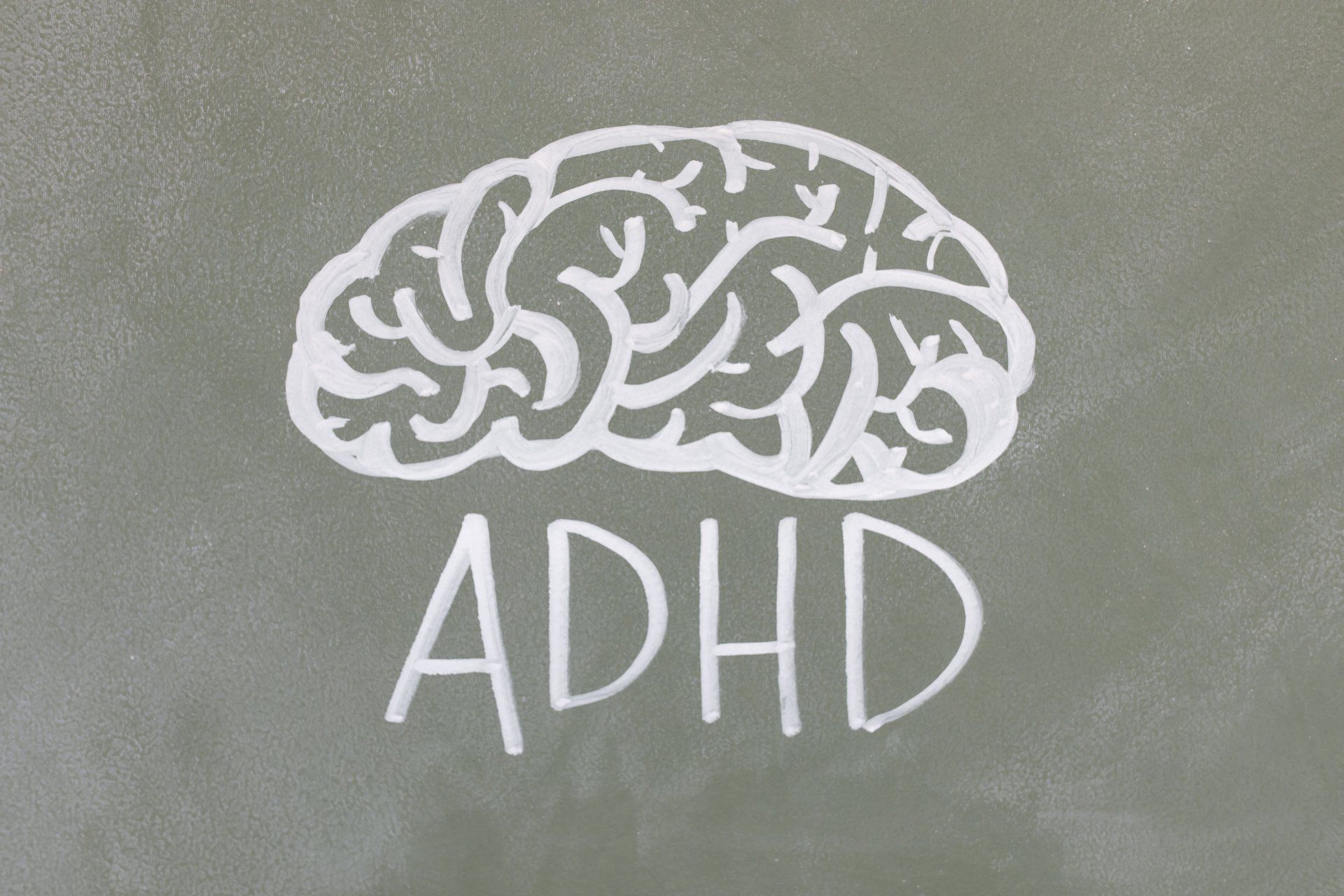How Does Sleep Affect Sports Performance
It’s not just about your diet and exercise routine. How much you sleep at night also impacts your athletic performance. When you work out a lot, you put more strain on your muscles and tissues, which means that you need more time to repair your body while you sleep.
While the majority of people need seven to nine hours of sleep, it’s actually recommended that athletes get up to 10 hours a night for optimum performance. At the offices of Siatta Dunbar, DO, sports medicine is our specialty, and we take extra care to treat our athletes. We want you to be at your healthiest as an athlete, and that’s why we’ve compiled this helpful guide on how sleep can impact your athletic performance.
Making you faster
When you get more sleep, you’re able to perform faster. Your reaction times and reflexes will both improve. In fact, sleep deprivation has been shown to impact people in a way that’s comparable to alcohol intoxication, which is certainly not a state that you want to be in when on the field.
Strengthening your mental state
When it comes to sports, you want to make sure that both your body and your mind are functioning at their best. Getting enough sleep boosts your alertness, memory, cognition, mood, and motor skills. You’ll also improve your learning, which helps with strategizing and recovering from mistakes.
Recovering from injuries
The more you sleep, the better your body recovers from sports injuries, repairing any tears and strains that are a normal part of games, practices, and workouts. When you don’t get enough sleep, your body doesn’t have the time it needs to repair tissues and regenerate cells.
Additionally, when you don’t get enough sleep your body’s immune system lowers, making you more susceptible to illness. This is even riskier in team sports, where players are often in close proximity, and you have a greater chance of spreading illness to teammates.
Increasing your strength and intensity
When you get enough sleep, you have more strength for high-intensity exercises like weight lifting, cardio, and endurance training. You can also increase your sprint speed, especially if you’re a runner.
Helping you sleep well
There are many things that can impact your sleep hygiene and keep you from getting a full and regular night’s sleep. If you’re having trouble sleeping, we screen you for a couple of possible medical conditions. Insomnia, sleep disorders, breathing disorders, restless leg syndrome, and mental illnesses, like depression and anxiety, could all be affecting your sleep hygiene.
Identifying these issues early and treating them will ensure that you’re happy, healthy, and performing at your best. You don’t have to suffer through sleep deprivation and the impact it has on your athletic performance. Call us to make an appointment today.
The post How Does Sleep Affect Sports Performance appeared first on Saravit Wellness.












